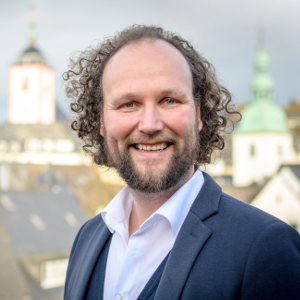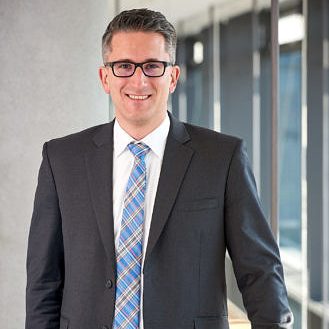Methods, theories and ethics in business informatics
Track Description
Information Systems (IS) as an academic discipline deals with unique questions and problems. In their specific context, the constant social and technological change requires scientists to critically reflect on the prerequisites and consequences of research paradigms and methods in our discipline. Furthermore, we need to discuss ethical questions concerning the research objects and research methods. This involves a continuous adaptation of its methodologies, concepts and theories to the changing realities and ethical challenges. Against this background, it is necessary for the IS discipline to regularly review all topics of its professional spectrum.
Possible Topics
This track invites to discuss fundamental questions of theory and theory formation, research methodology, theory of science, ethics and philosophy within IS research. We are particularly interested in contributions that expand the boundaries of what is established in IS research. The target group of the track comprises scientists and practitioners not only in the field IS but also from related disciplines.
Track Chairs

Professor Niehaves is the director of the Research College (FoKoS) as well as holder of the chair for Wirtschaftsinformatik at the University of Siegen. Besides his research activities, Professor Niehaves supports successful companies and public institutions in their digital transformation. For example, as a member of the advisory board “Digital Economy NRW”, he advises the state government on digitization issues. Many of his approximately 300 publications have been awarded research and innovation prizes.

Sven Laumer holds the Schöller Endowed Chair for Wirtschaftsinformatik, in particular Digitalization in Business and Society and is the Deputy Director of the Dr. Theo and Friedl Schöller Research Center for Business and Society at the Friedrich-Alexander University of Erlangen-Nürnberg. In his research he focuses on digital working and living environments and especially on individual use and overload due to digital technologies, technostress, digital human resource management and the management of digital transformation. His work has been honored with several research, teaching and service awards.
Associate Editors
- Dr. Jeannette Stark, TU Dresden
- Prof. Dr. Gunnar Stevens, Universität Siegen
- Dr. Christian Maier, Universität Bamberg
- Prof. Dr. Julia Kroenung, EBS
- Dr. Janine Hacker, Universität Zürich, Schweiz
- Prof. Dr. Stefan Koch,Johannes Kepler Universität Linz, Österreich
- Prof. Dr. Verena Tiefenbeck, FAU
- Prof. Dr. Heinz-Theo Wagner, GGS Heilbronn
- Dr. Nora Fteimi, Universität Passau
- Dr. Konstantin Hopf, Universität Bamberg
- Prof. Dr. Oliver Krancher, IT University of Copenhagen, Dänemark
- Dr. Oliver Posegga, Universität Bamberg
- Dr. Christoph Weinert, Universität Bamberg
- Dr. Thomas Huber, ESSEC Business School, Frankreich